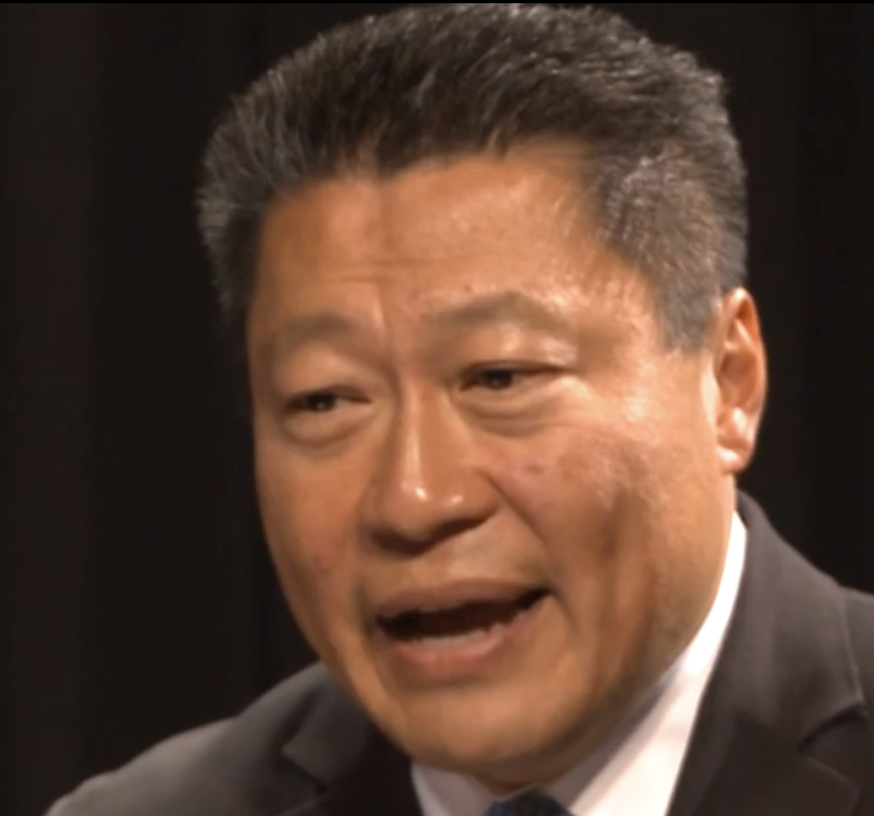
HARTFORD, CT - As the co-ranking leader of the CT General Assembly’s Public Health Committee and as former Chairman of the Housing Committee, Sen. Tony Hwang met last week with CT’s Department of Housing (CT DOH) Commissioner Selia Mosquera-Bruno to raise awareness and undertake a proactive plan of action to address the looming Covid-19 impacted housing crisis that will escalate dramatically with the expiration of federal and state rental eviction protection/moratorium.
This meeting was spurred by the amplified critical need following the two-day spike in eviction filings and decisions during the temporary lapse of the federal moratorium extension.
State Senator Tony Hwang offered these statements after the productive CT DOH meeting:
“As a person who has personally experienced and benefitted from federal housing support when our family first immigrated to America nearly 45 years ago, I strongly believe that housing stability is essential to health, safety and a foundational base to pursuing the American dream of social and economic prosperity. I am committed to working collaboratively with federal, state and local leaders to ensure access to safe, secure and accessible housing for everyone.
“I requested this meeting to collaborate with CT DOH staff and community supportive housing leader David Rich of Supportive Housing Works, to identify current efforts and proactive action plans to support and help families and residents that will soon lose their current residence due to eviction and possible homelessness.
“The mechanisms implemented by the federal and state governments to buffer people from homelessness due to rental eviction have been a lifeline for people struggling with employment, health and other challenges which were exacerbated by the Covid-19 pandemic. However, the moratorium expiration will create a possible tsunami of evictions and homelessness that could be a housing and public health crisis.
“CT DOH is doing their best in an incredibly challenging and unpredictable environment serving those CT residents who are reaching out for housing assistance. However, we learned that significant informational gaps exist for segments of the population that are caused either by cultural, language or technology limitations. Those who are unaware of the support programs available are facing housing eviction without alternatives and will be saddled with frustrating and competitive search for housing solutions. We need to educate, raise awareness and outreach to help those in critical need of housing services. We need to come together as a state and take on the difficult task of making sure that all people at risk of losing their homes are aware of available assistance programs like CT DOH’s UniteCT.
“I am committed to work with CT DOH and our local supportive housing agencies to bolster outreach and provide training and informational resources for ‘local community’ leaders to serve as tenant representatives with language skills to communicate effectively. We need to provide on the ground direct support for people without computers or internet access to properly file the necessary documentation/paperwork to help access financial resources and counselor support to either stay in their current residence or find a new, suitable place to live.”
"We’ve been working with stakeholders and the federal government to constantly improve UniteCT,” Connecticut Housing Commissioner Seila Mosquera-Bruno said. “The UniteCT team continues the work of being better today than yesterday at breaking down barriers to delivering financial assistance to Connecticut renters affected by this unprecedented crisis. These changes couldn’t come at a better time as UniteCT is deliberately increasing efforts to clear the backlog of applicants. The change in income verification will allow for a shorter turnaround time from application submission to payment.”
“The housing needs of CT’s most vulnerable residents are deep and well documented. Covid has simultaneously highlighted and exacerbated those needs. Supportive Housing Works is calling on all state and local leaders to ensure that federal funds allocated to CT through ARPA are prioritized for the long term housing solutions that must underpin an equitable economic recovery in our region – and that CT pursues a future where every resident has access to a safe and affordable home.” – David Rich, Executive Director, Supportive Housing Works
IMPORTANT INFORMATION
Visit UniteCT.ct.gov to start your application or call 1-844-864-8328 to have a staff person assist you in applying.